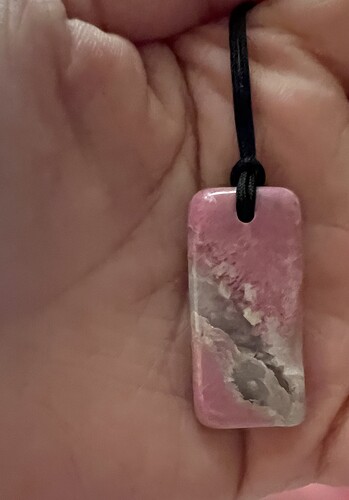Yes, some of its complications are surprisingly played down. That is part of why many female carriers (women who have the genetic defect associated with hemophilia, depending on subtype, it impacts a different clotting factor producing gene, on one copy, but not the other, resulting in partial functionality) who can have symptoms as severe as full blown hemophiliacs (with dual defects) are not diagnosed until after childbirth, a major car accident, or dental surgery.
I’m not a female carrier- instead, I’m a somewhat rare (due to the X linked recessive inheritance pattern) female with full blown hemophilia, due to a partial deletion on one copy of the F9 gene, and a partial inversion and translocation on the other, resulting in about 39% of typical functionality. I am classified as having mild hemophilia, though I present with symptoms more typical of moderate-severe hemophiliacs, due to my repeated occasions of spontaneous internal hemorrhages, particularly into the joints, but also quite frequently in my eyes, which feels a bit like sand and grease being rubbed into them for about a week or two.
The externalized bleeding is the most flashy of symptoms- I once went into shock from blood loss from a nasty cut on my finger and painted the ceiling, backsplash, wall, and large portion of the floor red in under five minutes, and it unfortunately also does cause severe complications with menstruation in female carriers and female hemophiliacs. But the joint bleeds are incredibly painful- and often result in mobility issues and aggressive arthritis as hemophiliacs age. It’s why so many hemophiliacs wind up on pretty intense pain management regiments- further complicated by the fact they cannot take aspirin or anything in the NSAID class of drugs without worsening bleeding and increasing the risk of spontaneous hemorrhages developing internally. It’s essentially Tylenol, or opiates.
Despite being robustly researched, hemophilia has been, in my experience, poorly understood in a clinical setting. I have had countless doctors adamantly deny that I could have hemophilia, due to not being a man, (despite having had it confirmed through genetic testing, which is how I know about the nature of my exact genetic defects) and also prescribed lethal doses of NSAIDs. (Many are prescription only, in Canada.) It’s a bit absurd. But such is the way of things with genetic disorders, and other unusual patients. I’ve learned to very carefully investigate any prescribed medications and have a higher regard for pharmacists, who have often been the ones to loudly flag the inappropriate prescriptions to the doctors.


